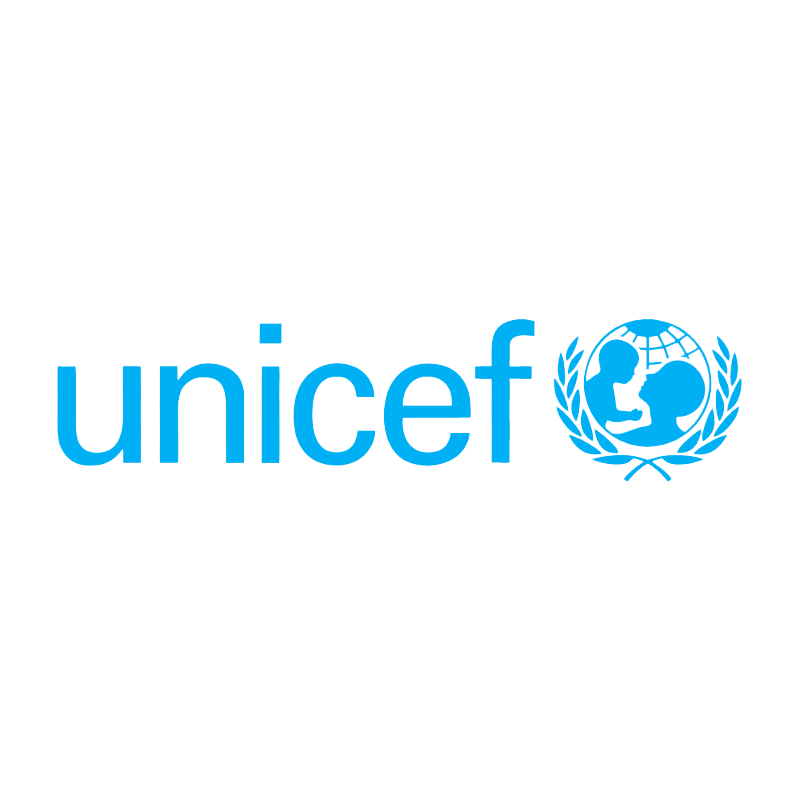June 2025 – December 2025
A collaborative initiative is underway in Serbia to improve energy efficiency and reduce energy poverty among households, with a focus on socially vulnerable families with children. The project is part of the “Green Futures, Brighter Beginnings” joint UN programme on Localizing the Sustainable Development Goals (SDGs) for Climate Resilience and Child Rights in Serbian Municipalities, supported by the UN Joint SDG Fund, implemented by UNICEF, UNEP and UN Habitat throughout 2025. It aims to ensure that the benefits of energy efficiency and climate resilience reach even the most vulnerable families and children, contributing to local advancement on SDGs and stronger social protection.
Youth outreach to vulnerable households
With UNICEF’s support, youth volunteers of the Red Cross will be trained and deployed to work directly with energy-poor households, focusing on households with children in 10 municipalities. Across these 10 municipalities, youth volunteers will visit around 100 households and provide practical, tailored support to improve energy efficiency. This will include diagnostics of energy usage, advice on behavioral changes, installation of basic energy-saving equipment, and follow-up visits to monitor progress and impact. In addition, volunteers will share information about other available support measures and programmes that households may benefit from, helping them access further assistance beyond the project.
These young volunteers will play a central role as catalysts for change in their communities. Not only will they help deliver practical improvements to homes, but they will also foster awareness, empowerment, and dignity among energy-poor households. Families, particularly children, will be actively involved in learning and applying energy-saving practices, reinforcing intergenerational learning and behavior change.
Within this initiative, RES Foundation is responsible for developing practical tools and training packages to help these local youth energy advisors engage with socially vulnerable households. RES Foundation is also supporting the design of community outreach and household energy assessment, providing technical expertise that shapes field activities and ensures relevant, evidence-based guidance.
In addition, the Standing Conference of Towns and Municipalities (SKGO) with participation from local governments will help with local planning and dissemination of good practices. All contributions are designed to complement each other as part of a unified approach.

